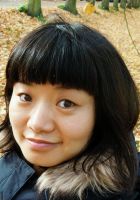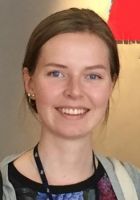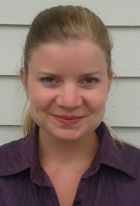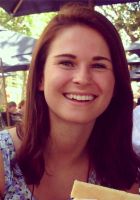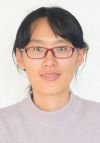Pilot Programme on Aquaculture - environmental interactions
NTNU Oceans Pilot on Aquaculture - environmental interactions
The carrying capacity of fish production of Norwegian coastal waters is fundamental for how salmon aquaculture can develop, and the aquaculture interaction with the environment must form the basis for aquaculture management in Norway as well in Europe and on a global scale. The pilot programme will increase the knowledge base of how aquaculture affects the environment and how the environment can affect aquaculture. This is important for the industry itself, but also for policy makers and management authorities at different levels. This pilot programme is in collaboration with NTNU Sustainability.
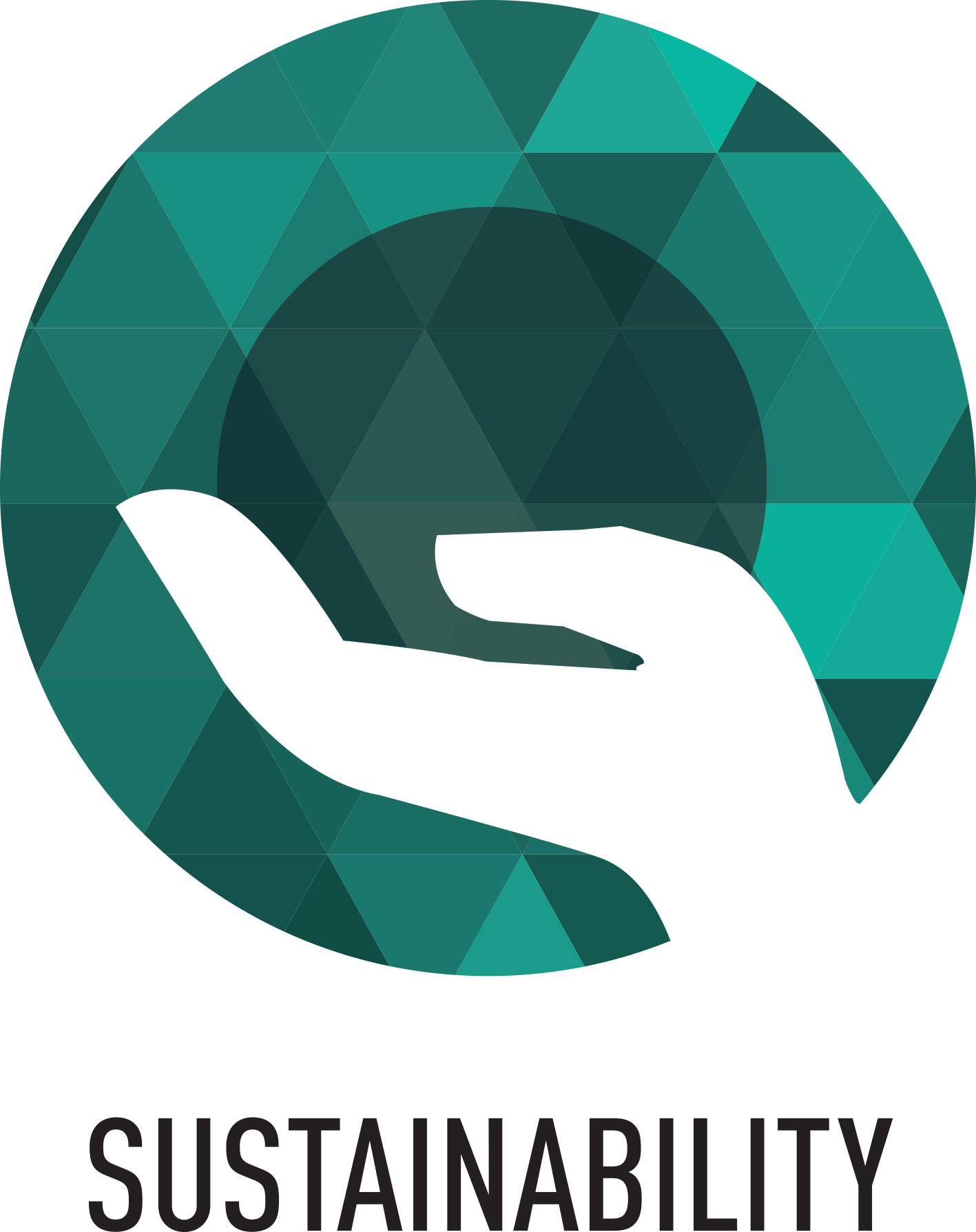
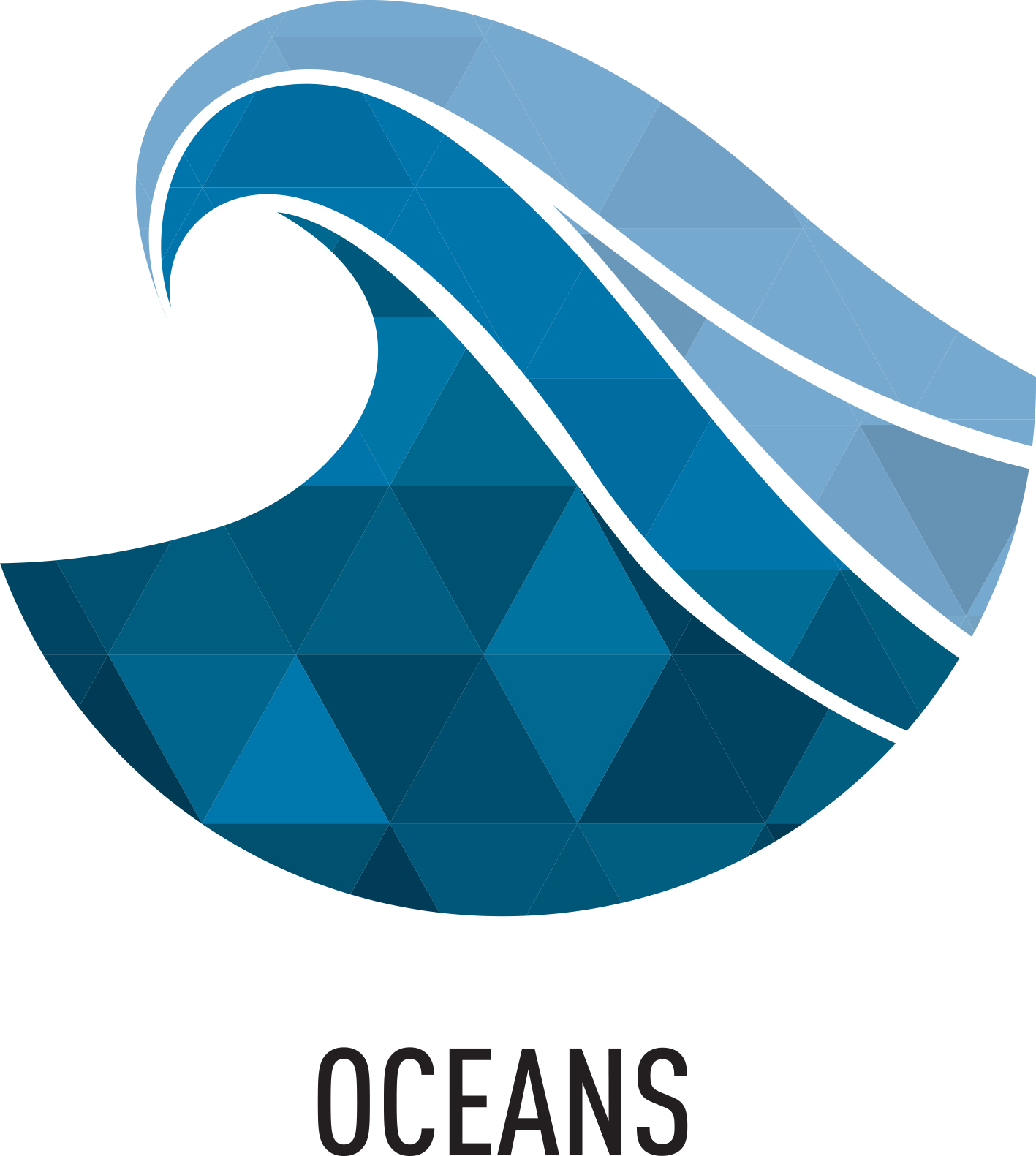
Projects
|
|
|
Trough modelling and field measurments, new knowledge will be established on assessing and predicting water flow and turbulence inside sea cages, and spreading of waste and organisms from fish farming. This will be linked to biological responses on the seafloor and surface water ecosystems.
- Physical-biological models with interaction turbulent ocean flow and motion characteristics
- Prediction of waste release, dilution and biological response in surface water ecosystems.
- Prediction of waste accumulation, spreading and biological response in seafloor ecosystems.
- Understanding the physical conditions of the rearing environment on the cage-scale
- Assessing the effects of water flow on farming operations such as feeding
- Addressing flow and turbulence patterns in relation to biological requirements and fish welfare
Contact: Research Professor Lars Erik Holmedal; Assoc. Professor Jo Arve Alfredsen; Adj. Assoc. Professor Morten Alver; Post-doc Hong Wang; PhD candidate Kristbjörg Jónsdóttir
Through scientific methods, this project aims at establishing a basis for management tools that allow an assessment of the environmental state of surface seawater systems. This complies with the requirements from the Water Framework Directive.
- Analysis of nutrient input from aquaculture and natural sources.
- Data mining to improve knowledge
- Evaluation of suitable remote sensing methods
- Establishment of interface for policy makers and managers
Conact: Professor Yngvar Olsen; Professor Jennifer Bailey; PhD candidate Tale Skrove
Taskforce salmon lice
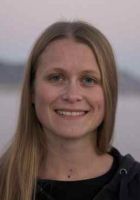 |
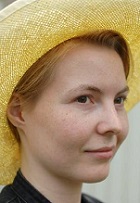 |
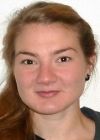 |
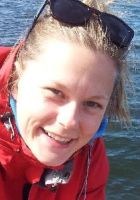 |
Building up fundamental knowledge about how sea lice spread within and
between salmon farms, as well as between farmed and wild populations of salmonids.
- Internal infection of sea lice within and between salmon farms during normal management routines and through interaction with the environment.
- Mechanism of infection between wild and farmed populations of salmonids
- The role of chemical cues in the infection process
- Life cycle and biology of planktonic stages of salmon lice
- Molecular methods for tracing salmon lice - new genetic markers and development of methods
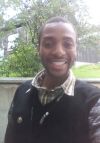 |
Biological treatment against sealice
Lumpfish reproductive physiology and response to varying photoperiod and temperature
Contact: Professor Elin Kjørsvik; PhD candidate Frank Thomas Mlingi
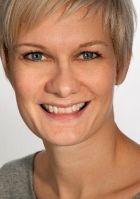 |
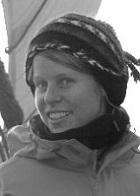 |
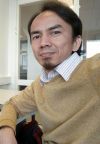 |
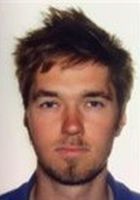 |
The project will explore new options of mitigating potential environmental problems while obtaining added value of feed investments in salmon driven Integrated multi-trophic aquaculture (IMTA) actions
- Identification and cultivation of new candidate macroalgae for recycling nutrients to high value species in IMTA
- Quantify flows of material through optional IMTA food chains (N, C and P)
- Design of optimal IMTA configuration for new candidate species, including aspects of scale, strength integrity, operation and management.
-
Investigations of hatchery techniques and cultivation systems for cost-effective production of valuable seaweeds
This work is part of the MACROSEA project, a knowledge platform for industrial macroalgae cultivation, funded by the Research Council of Norway.
Contact: Professor Kjell Inge Reitan; PhD candidates Silje Forbord, Saifullah Saifullah, Siv Anina Etter and Peter Schmedes (Siv and Peter will have a joint degree from NTNU and the Technical University of Denmark, DTU).
|
|
|
The activities in this project will contribute to developing optimal recirculating aquaculture systems (RAS) for the production of large smolt for further sea cage cultivation.
- Microbial conditions in rearing facilities for large smolt - avoiding opportunistic bacteria
- Understand the capacity and the functionality of biofilters for handling of nitrogen and organic waste -nitrifying and heterotrophic bacteria
- Utilization of aquaculture deposits into polychaete cultivationfor zero emission of wastes (supervisor Professor Kjell Inge Reitan)
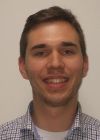 |
New impact assessment categories, scenarios and methodological approaches that can help identifying pathways to sustainable aquaculture will be developed. Spreading of inorganic nutrients, waste and organisms, seafloor effects, potential impacts on biodiversity, social and economic aspects, and expansion of the aquaculture industry are categories to be considered. The impact of material technology stability and fouling on life cycle assessment of the aquaculture value chain is also part of this project.
Contact: Professor Anne Stene; PhD candidate Gaspard Philis
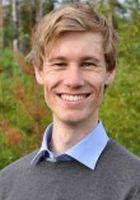 |
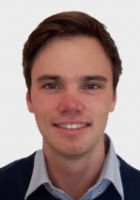 |
Exposed aquaculture requires a larger degree of control and the need for autonomous operations. This project will look more closely at the usage of range measurements through acoustics for navigation of autonomous subsea vehicles. This will be done through simulations, small scale model experiments and tests in large scale facilities. In addition, systems will be developed for remotely controlled and automated underwater vehicles. This includes the use of ROVs for inspecting fish net or cage conditions as well as verifying the safety of using such systems in the industry.
This project is part of the Centre for Research-based Innovation EXPOSED.
Contact: Professor Ingrid Schjølberg; PhD candidates Bent Arnesen and Stian Sandøy
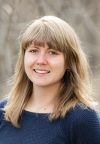 |
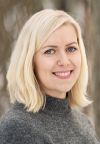 |
‘Sustainability’ has become a trending word in aquaculture, with little agreement on what it actually entails. This social scientific project looks at how this is approached differently and the effects this has on the regulation of the industry, public perception, and the industry’s own initiatives to become more sustainable.
Topics include:
- Reputation issues and media discourse
- The role of the industry and authorities in legitimizing the industry
- The extent and application of indicators and standards of sustainability
- Accomplishing sustainability through regulatory frameworks and private certification schemes
The work is carried out as part of the SUSTAIN-FISH project at NTNU Social Research.
Contact: Professor Jennifer Bailey and researcher Tonje Osmundsen; PhD candidates Vilde Steiro Amundsen and Marit Schei Olsen.
- Adaptation of methods for managing seafloor effects of aquaculture
- Spatial planning tool for aquaculture


